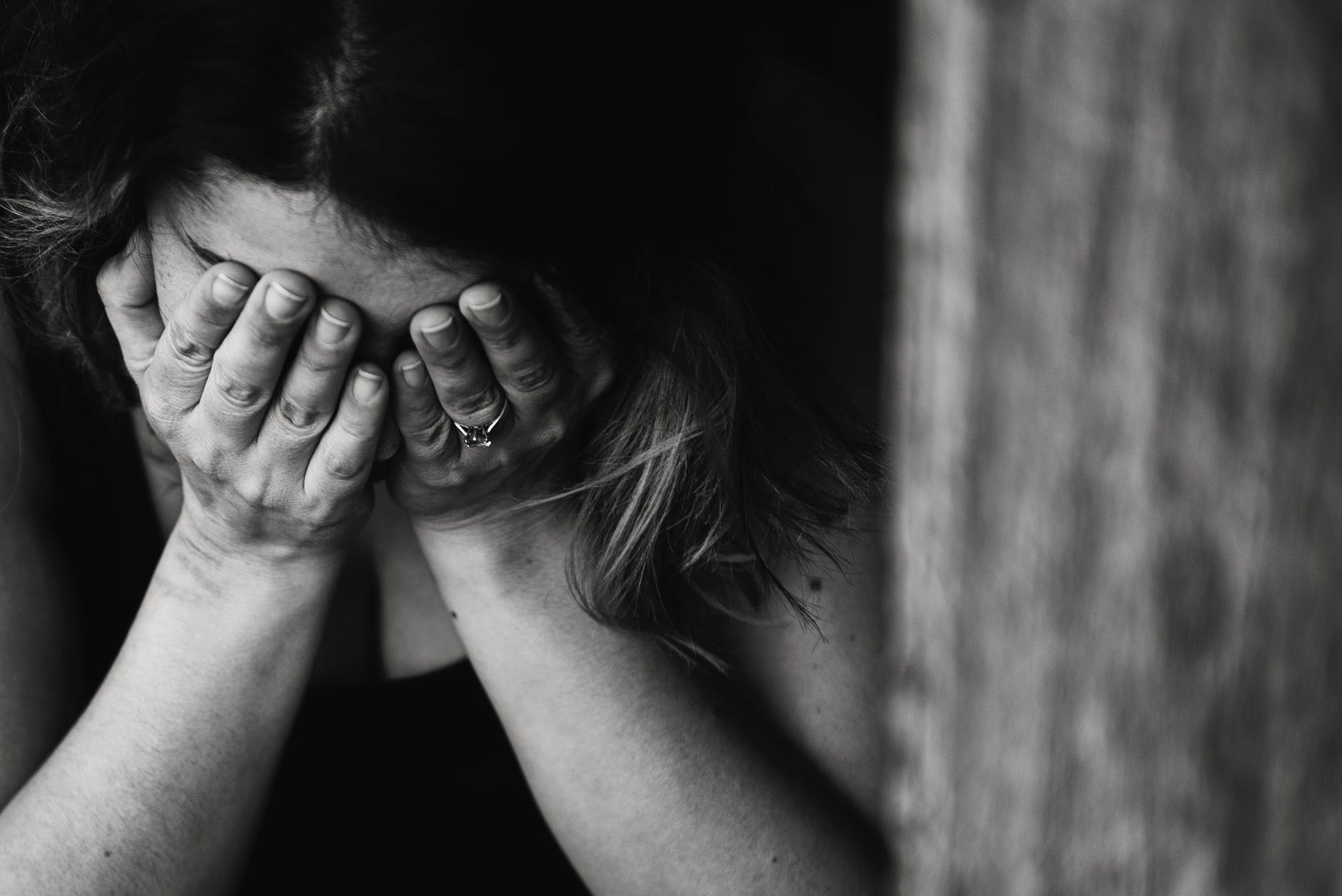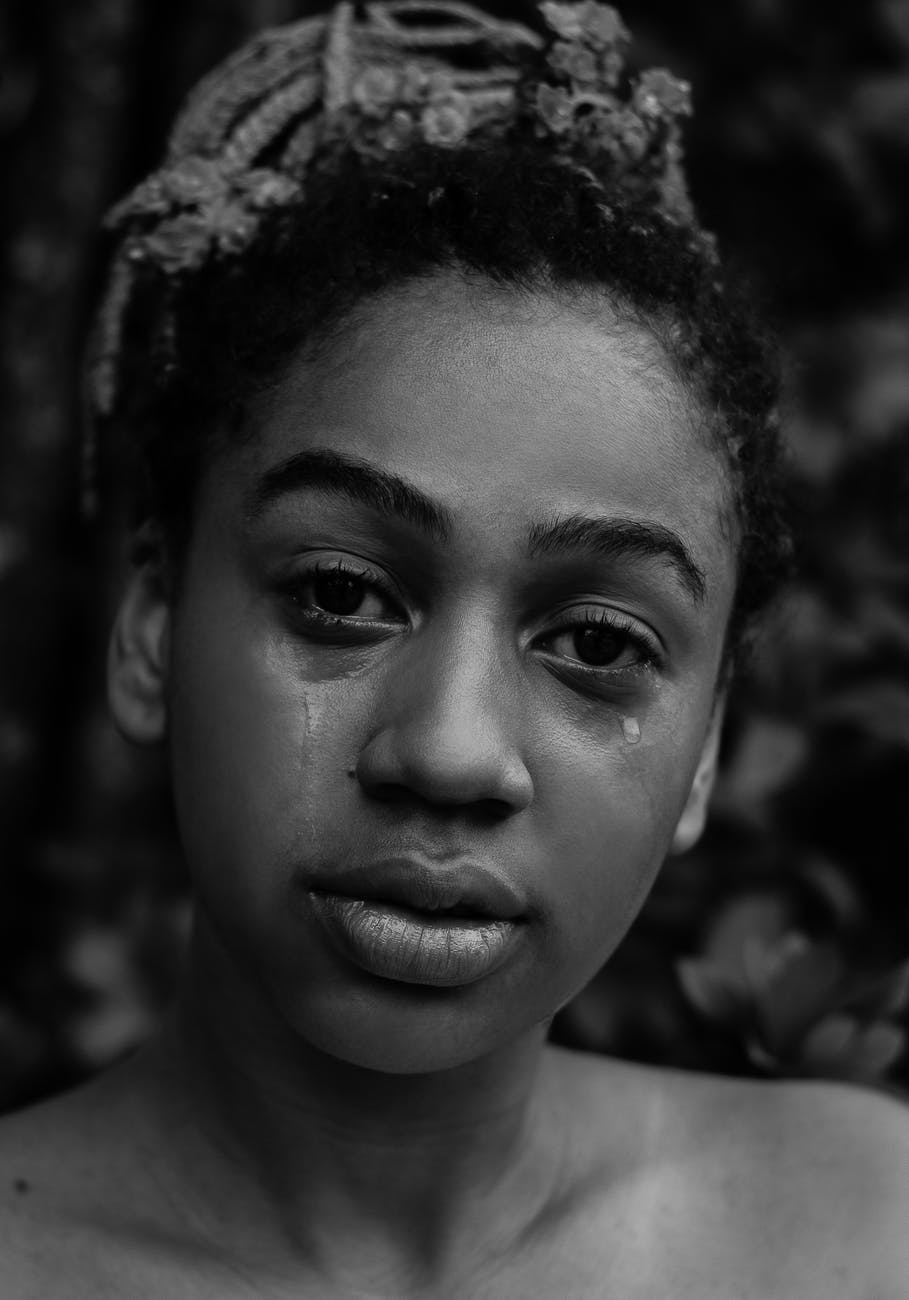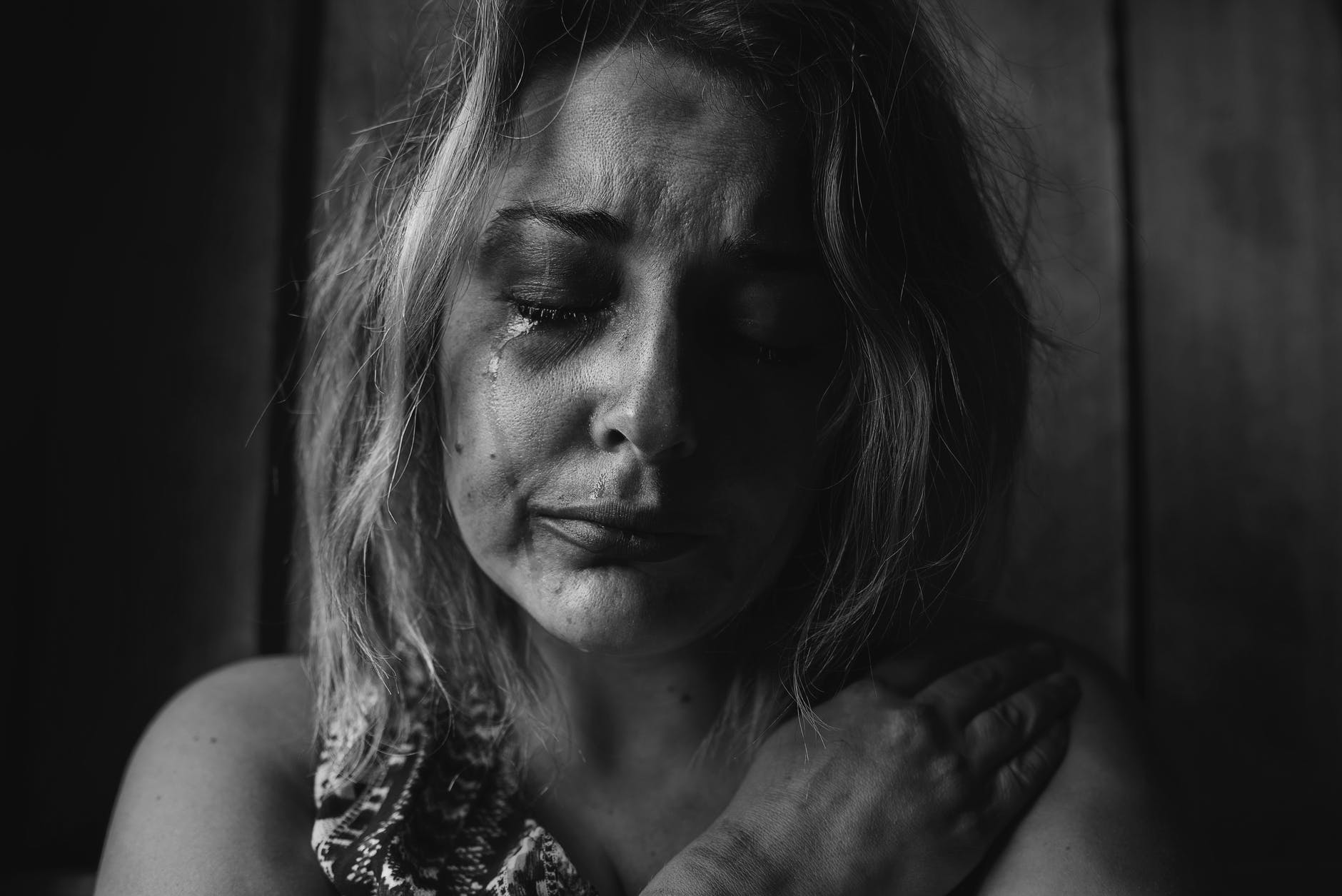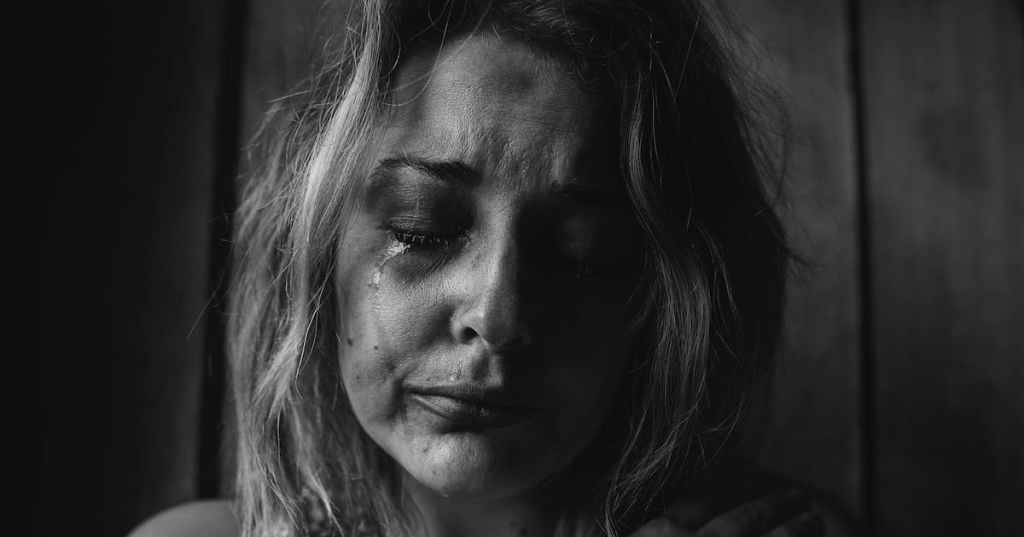The fear over postpartum depression was larger for me than any other fear during my pregnancy or childbirth experience. The idea of not being able to fully love and enjoy the new little human in my life scared the life out of me, along with the idea that I could hurt myself or my children in the depths of mental despair.
Postpartum depression is real, and yes, it’s terrifying. Education is the best way to help new mothers and mothers-to-be assess their mental health state, to determine whether it’s the “baby blues” or something they should bring up with their doctor.

Image Credit: Pexels
You probably know the big signs of PPD to watch out for – the largest of which are thoughts of self-harm – but there are smaller, earlier symptoms that could help women reach out for help before things get so dire.
5. You stop doing the things you love.
And not because you don’t have the time, but because you just don’t want to anymore – that’s the difference.
4. You can’t accomplish even basic self-care.

Image Credit: Pexels
Sure, in those early days after having a baby, we could all use a shower. We’ve all forgotten to shave, and we’ve all spent multiple days in the same, puked on nursing nightgown.
That said, if you’re neglecting yourself to the point of endangering your own health (not cleaning yourself, clipping your nails, brushing your teeth), it’s time to talk to someone about your lack of motivation.
3. Sleep doesn’t make you feel better.
A telltale sign of any kind of depression is the sort of fatigue that never gets better, no matter how much sleep you’ve gotten.
It’s normal to choose a nap or an early bedtime over…pretty much anything else in those early days, but if you’re always tired no matter what, you need to ask for help.
2. You can’t remember anything.

Image Credit: Pexels
Again, some of this is normal and to be expected, but if what you’re forgetting – what you were talking about, where you put the bottle or how long it’s been sitting out, or anything that could endanger you or your child, it might be more than average sleep-deprivation.
1. You’re scared to leave the house.
You begin to fear what should be reasonable things, like driving with your child in the car or spending time with friends or family. It’s natural to worry about things in a whole new way now that you’re a parent, but you should be able to reason with yourself.
Take care of yourselves, mamas, and take care of your friends.
There is no shame in needing help to get those hormones under control after everything you’ve been through – your kids need you, your partner needs you, your family loves you, and so do I.
